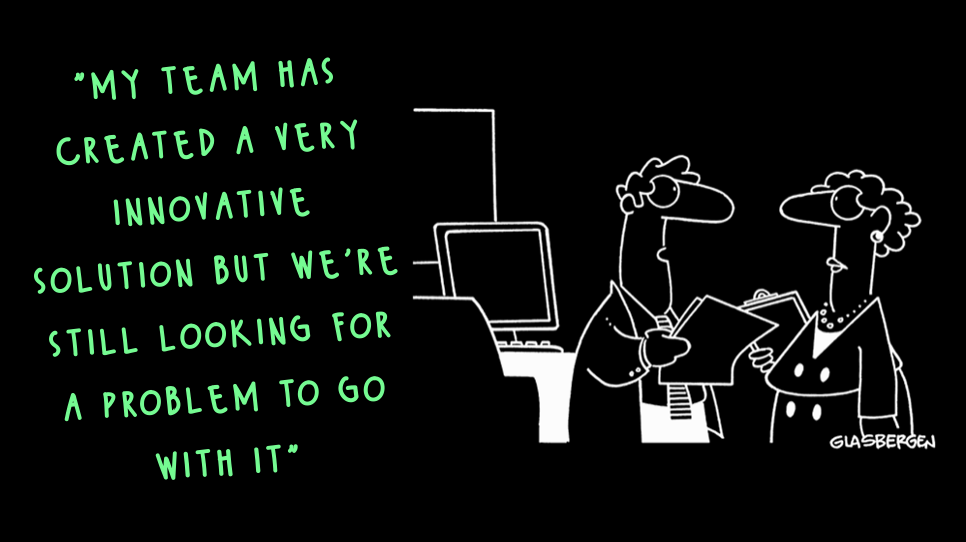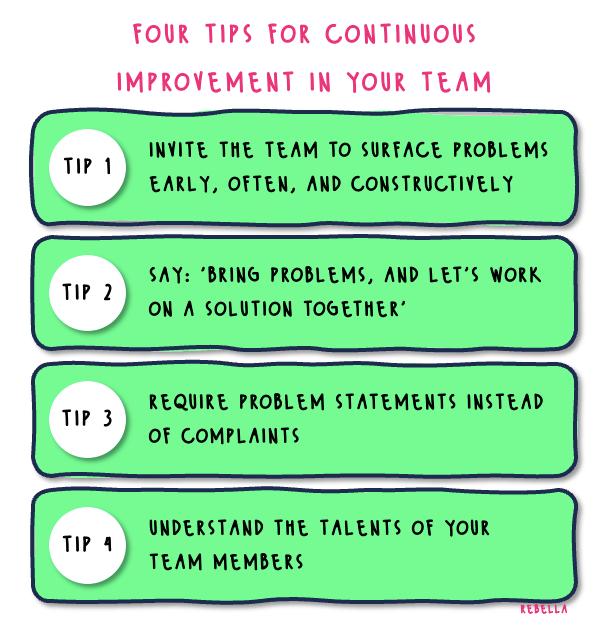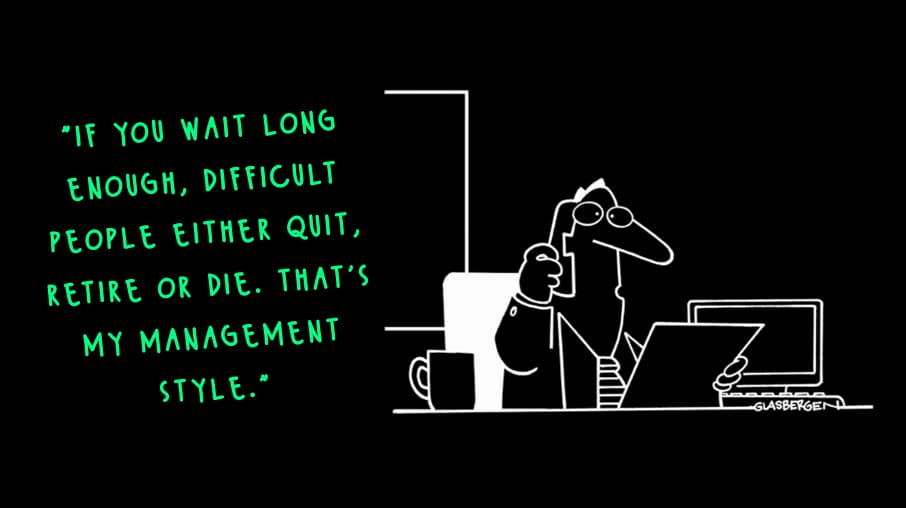
dr rebel: my co-worker always brings problems to the table, but i need solutions. what can i do?
when i talk to managers about rebels, they often associate a rebel with someone who complains a lot and only brings problems to the table. managers feel frustrated and tell me they don’t want to hear all these problems, but just want the problem to be solved. and thus, often, managers demand solutions from their team to avoid a culture of complaining. but this can also create a climate of fear and prevent certain problems from being addressed until they become a catastrophe.
“don’t bring me problems, bring me solutions” discourages people from speaking up about the biggest problems – the ones they can’t solve alone.
also, not every problem has an easy solution, and some require diverse points of view. focusing on solutions only can lead to a culture of advocacy instead of one of exploration, where each person is so attached to their solution that they try to convince others rather than being open to multiple perspectives.
furthermore, most rebels are very skilled in spotting problems early on – way before others do – but not all have the imagination to come up with a great solution. or the problem is just too complex and requires taking a step back before jumping to conclusions.
so, encourage your team to communicate more effectively about problems. it will increase the speed of problem resolution and empowerment. here are my four tips for creating a team context where continuous improvement is the norm:

tip 1: invite the team to surface problems early, often, and constructively. make it safe to speak up. be aware of your behaviour and modify it so that people are not afraid to bring you bad news.
tip 2: don’t say ‘bring me solutions, not problems’, but rather say ‘bring problems, and let’s work on a solution together’.
tip 3: require problem statements instead of complaints. teach the team how to present problems by describing why it is a problem for the organisation, providing facts, and examining underlying causes.
tip 4: understand the talents of your team members. who can solve problems well and who can spot weak signs and problems early on? acknowledge their talents openly so that the problem spotters feel valued rather than being a ‘pain in the ass’, and the problem solvers understand to wait for the right moment to get going.

do you have a burning question for dr rebel?

